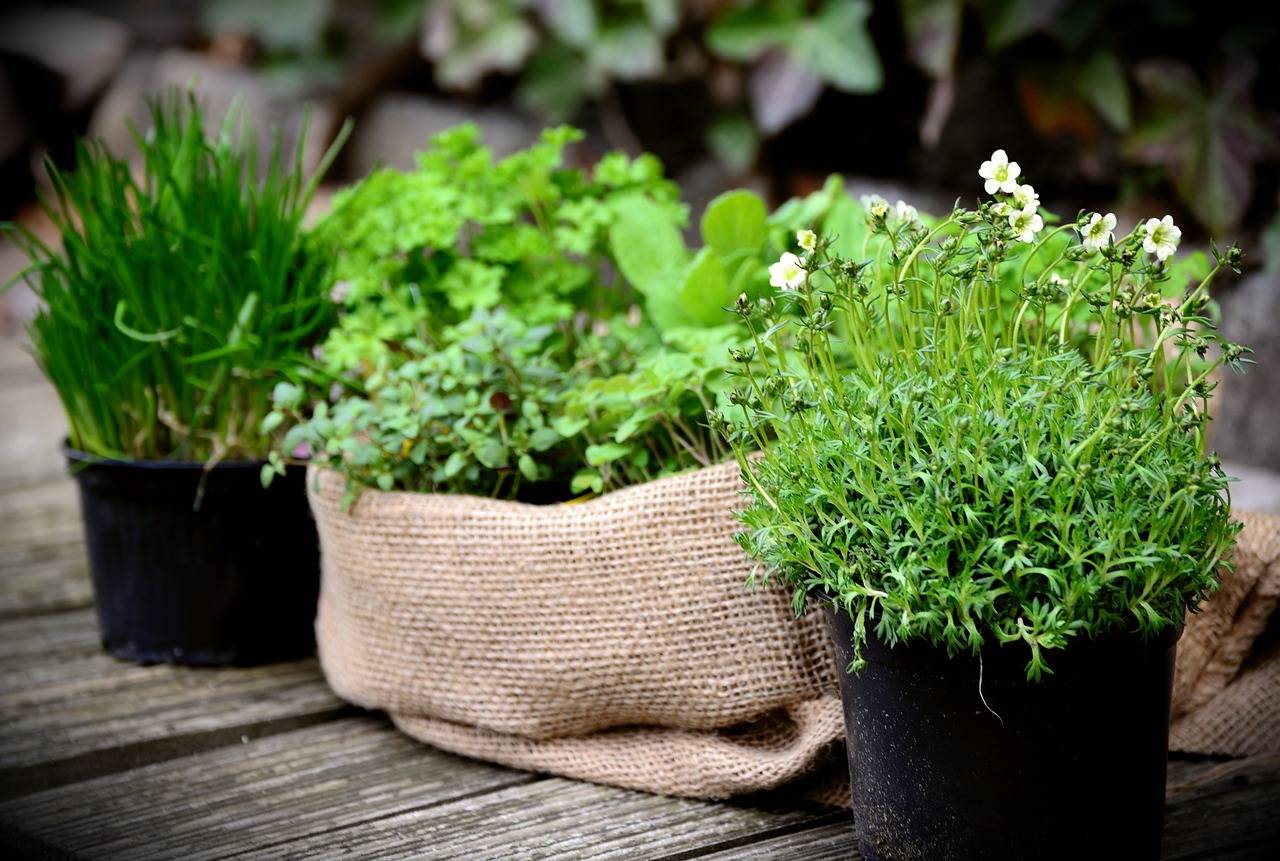Gardening is a great way to stay active and engaged, and growing your own herbs can provide a sense of accomplishment and satisfaction. Whether you have a spacious backyard or a small balcony, there are many ways to create a herb garden that suits your needs.
When creating a herb garden for seniors, it’s important to consider accessibility and ease of maintenance. Raised garden beds or container gardens can be a great option for those with limited mobility, as they can be placed at a comfortable height and require less bending and stooping. Additionally, choosing low-maintenance herbs that are easy to grow and care for can make the gardening experience more enjoyable and less stressful.
Benefits of Herb Gardening for Seniors
Herb gardening is a rewarding and enjoyable activity that can provide numerous benefits for seniors. Not only is it a great way to stay active and engaged, but it can also have positive effects on both physical and mental health.
Physical Health Benefits
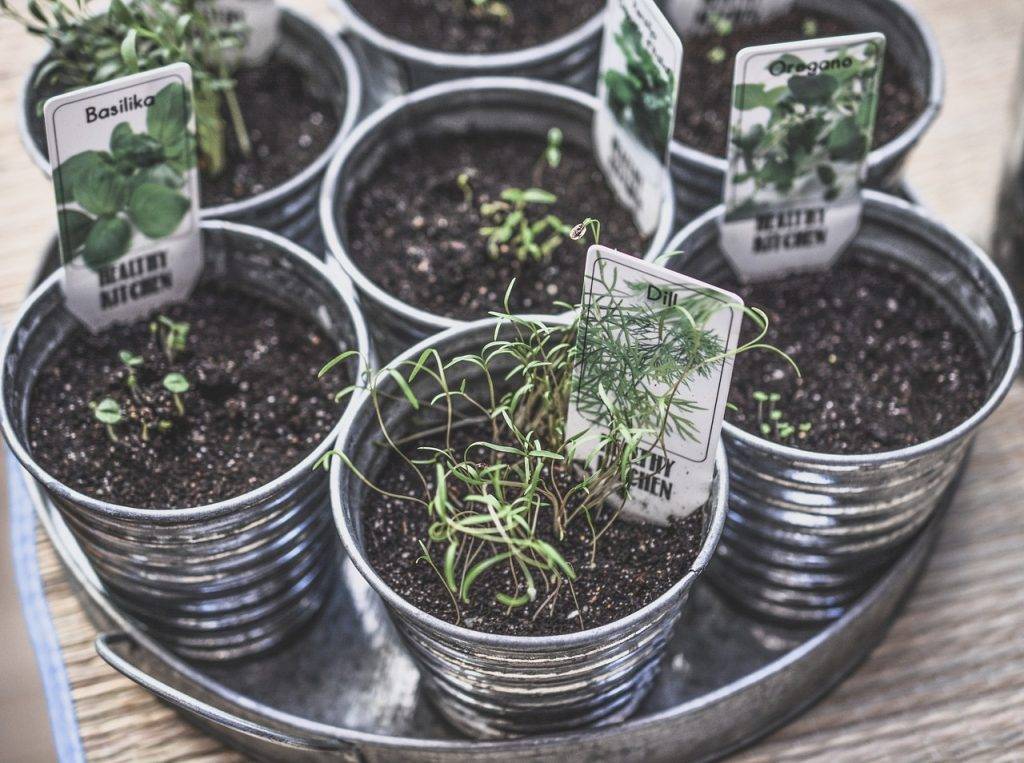
Herbs are packed with nutrients and antioxidants that can help promote good health. By growing your own herbs, you can ensure that you are getting the freshest and most nutritious ingredients for your meals and teas. Additionally, the physical activity involved in gardening can help improve strength, flexibility, and balance, which can help prevent falls and other injuries.
Here are some of the physical health benefits of herb gardening for seniors:
- Provides fresh, nutrient-rich ingredients for cooking and teas
- Improves strength, flexibility, and balance
- Reduces stress and anxiety
- Boosts immune system
- Provides an opportunity for outdoor activity and exposure to sunlight
Mental Health Benefits
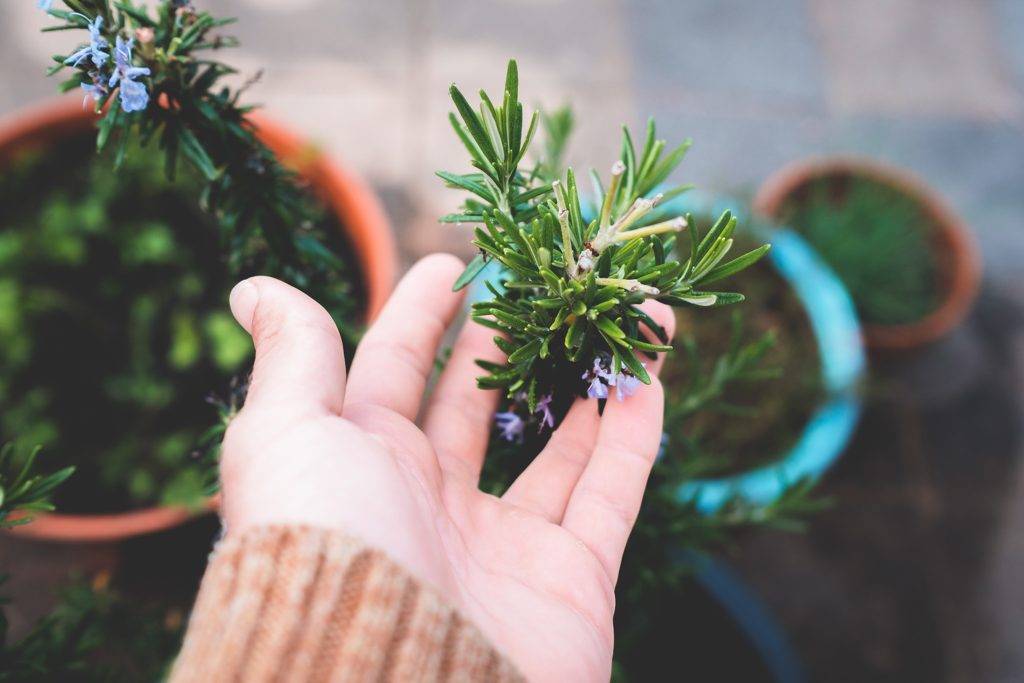
Herb gardening can also have positive effects on mental health. It can provide a sense of purpose and accomplishment, which can help boost self-esteem and confidence. Additionally, the act of nurturing and caring for plants can be calming and therapeutic, reducing stress and anxiety. Herb gardening can also provide an opportunity for social interaction, which can help prevent feelings of isolation and loneliness.
Here are some of the mental health benefits of herb gardening for seniors:
- Boosts self-esteem and confidence
- Reduces stress and anxiety
- Provides a sense of purpose and accomplishment
- Can be calming and therapeutic
- Provides an opportunity for social interaction
In summary, herb gardening can provide numerous benefits for seniors, both in terms of physical and mental health. By growing your own herbs, you can enjoy fresh, nutritious ingredients, improve your physical fitness, and boost your mental well-being.
Selecting the Right Location for Your Herb Garden
When it comes to creating a herb garden, selecting the right location is crucial to ensure your plants thrive. Here are some factors to consider when choosing the perfect spot for your herb garden:
Sunlight
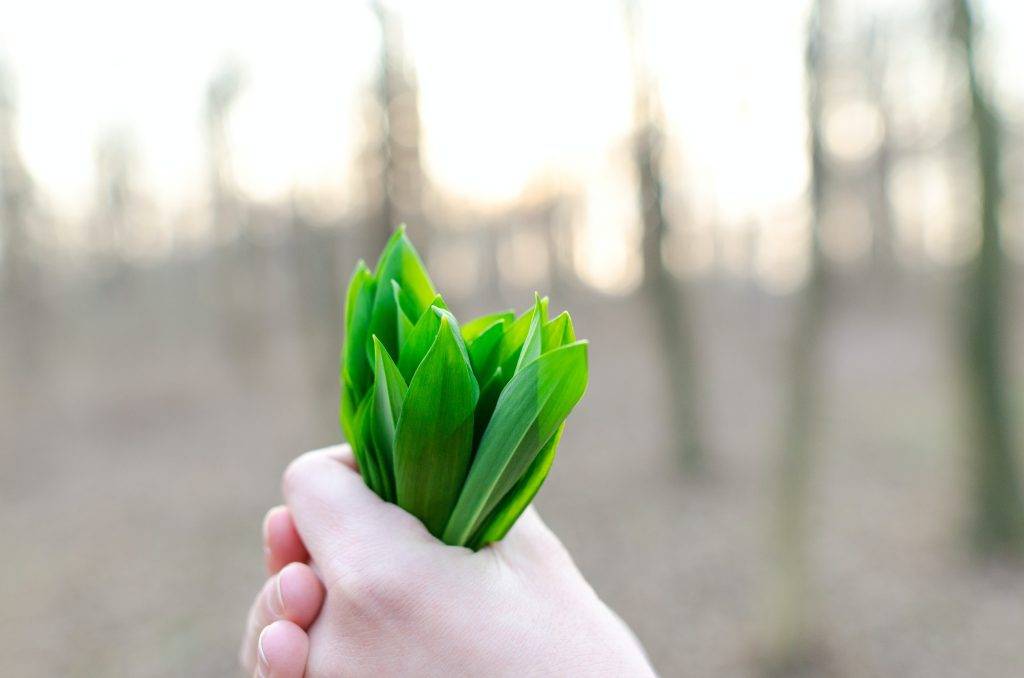
Most herbs require plenty of sunlight to grow and flourish. Choose a location that receives at least 6 to 8 hours of direct sunlight each day. If you live in a hot climate, consider a spot that offers some shade during the hottest parts of the day to prevent your plants from drying out.
Soil Type and Quality
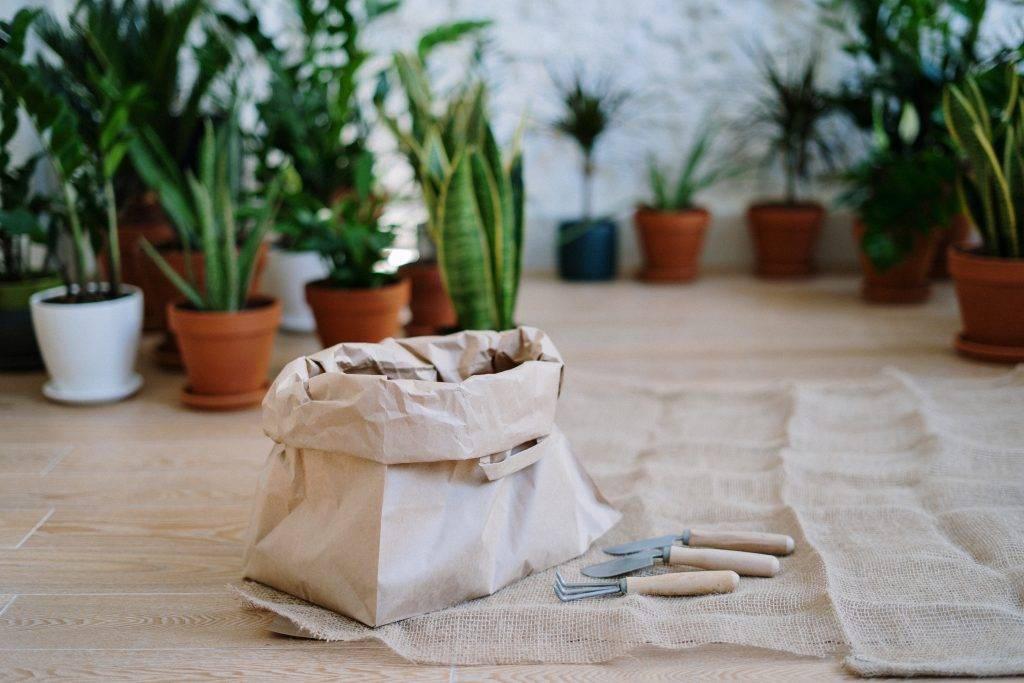
The quality of your soil is another important factor to consider. Herbs prefer well-draining soil that is rich in organic matter. If your soil is heavy or clay-like, consider adding compost or other organic matter to improve its quality and drainage.
Watering and Drainage
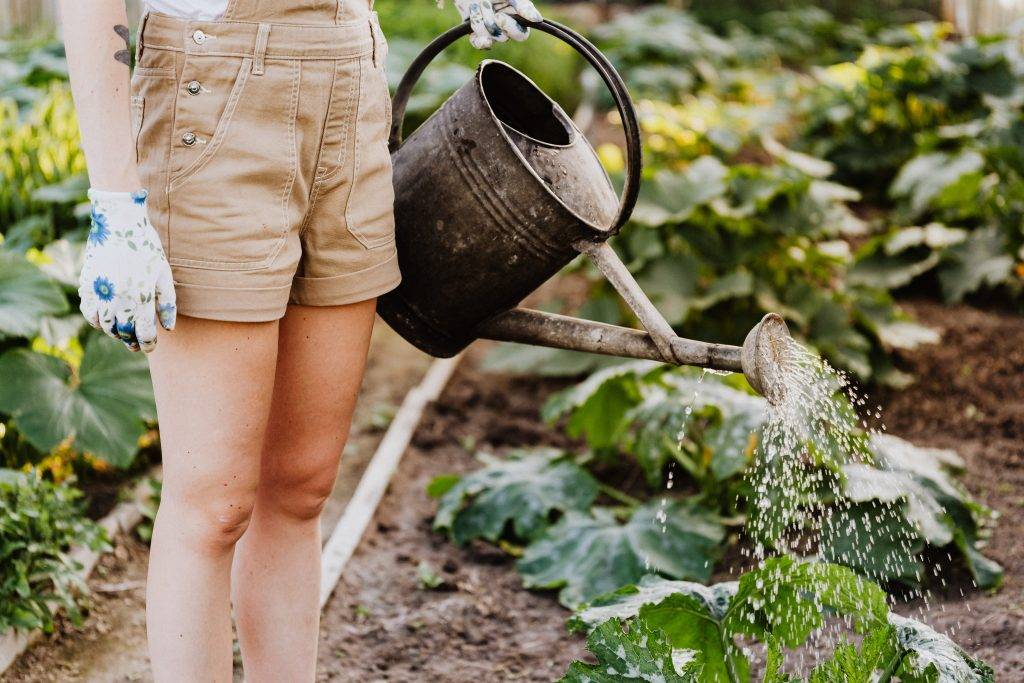
Your herb garden will need regular watering, so choose a location that is easily accessible to a water source. Additionally, make sure the location has good drainage to prevent water from pooling around your plants and causing root rot.
Accessibility
Consider the accessibility of your herb garden, especially if you are a senior. Choose a location that is easy to reach and maintain, without requiring too much bending, kneeling, or reaching.
Pots vs. Garden Beds
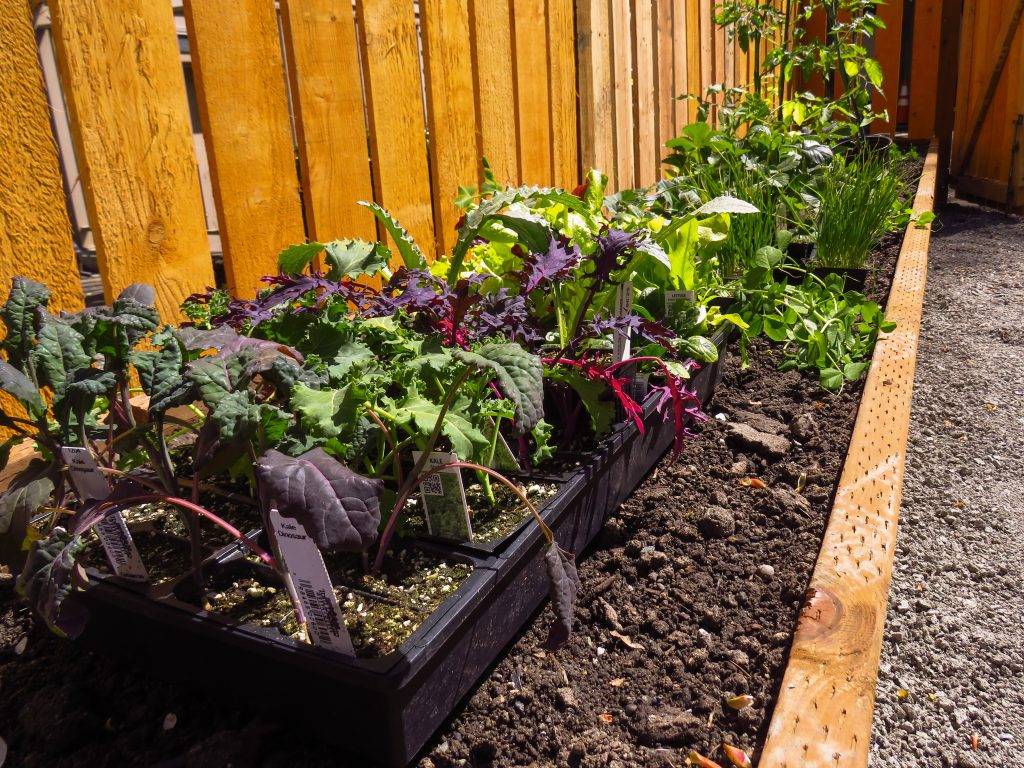
Finally, consider whether you want to grow your herbs in pots or in a garden bed. Pots are ideal for smaller spaces or for those who want to move their herbs around. Garden beds are better suited for larger spaces and for those who want to grow a wider variety of herbs.
By taking these factors into consideration, you can select the right location for your herb garden and ensure your plants thrive.
Choosing the Right Herbs for Your Garden
When creating a herb garden for seniors, it’s important to choose the right herbs that are easy to grow, low maintenance, and can be used in a variety of recipes. Here are some tips to help you choose the right herbs for your garden.
Popular Herbs for Seniors
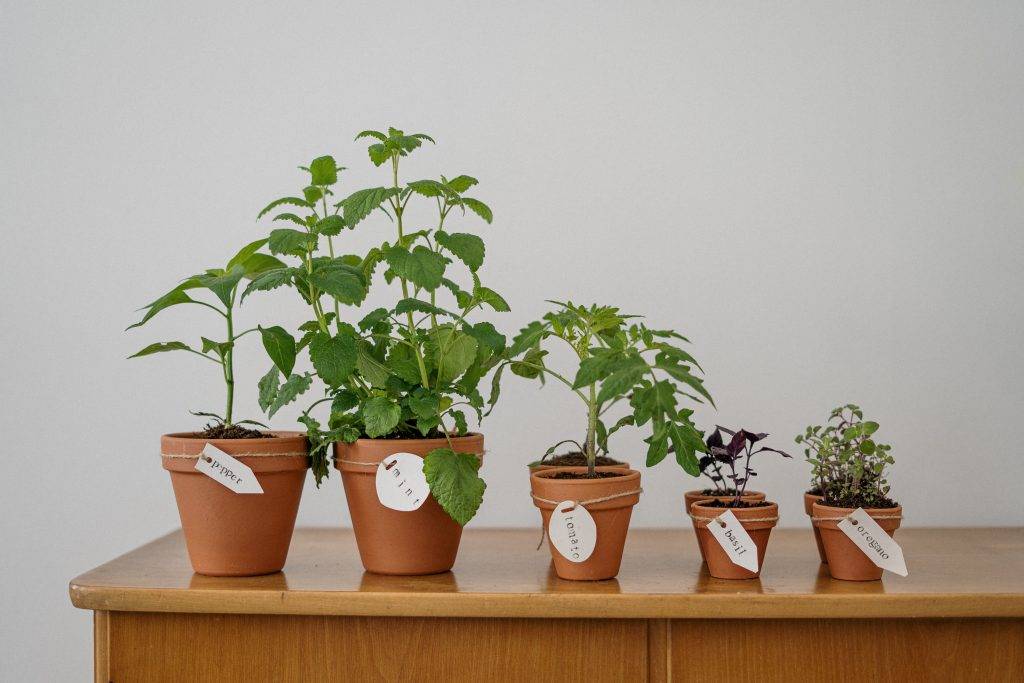
There are many herbs that are popular among seniors due to their versatility and ease of use. These include:
- Basil: a versatile herb that can be used in a variety of dishes, from pasta sauces to salads.
- Chives: a mild onion-flavored herb that can be used in soups, salads, and as a garnish.
- Mint: a refreshing herb that can be used in teas, cocktails, and desserts.
- Oregano: a flavorful herb that is commonly used in Italian dishes.
- Rosemary: a fragrant herb that can be used in meat dishes and as a seasoning for roasted vegetables.
- Thyme: a versatile herb that can be used in a variety of dishes, from stews to marinades.
These herbs are easy to grow and require minimal maintenance, making them perfect for seniors who may have limited mobility or energy.
Herbs with Medicinal Properties
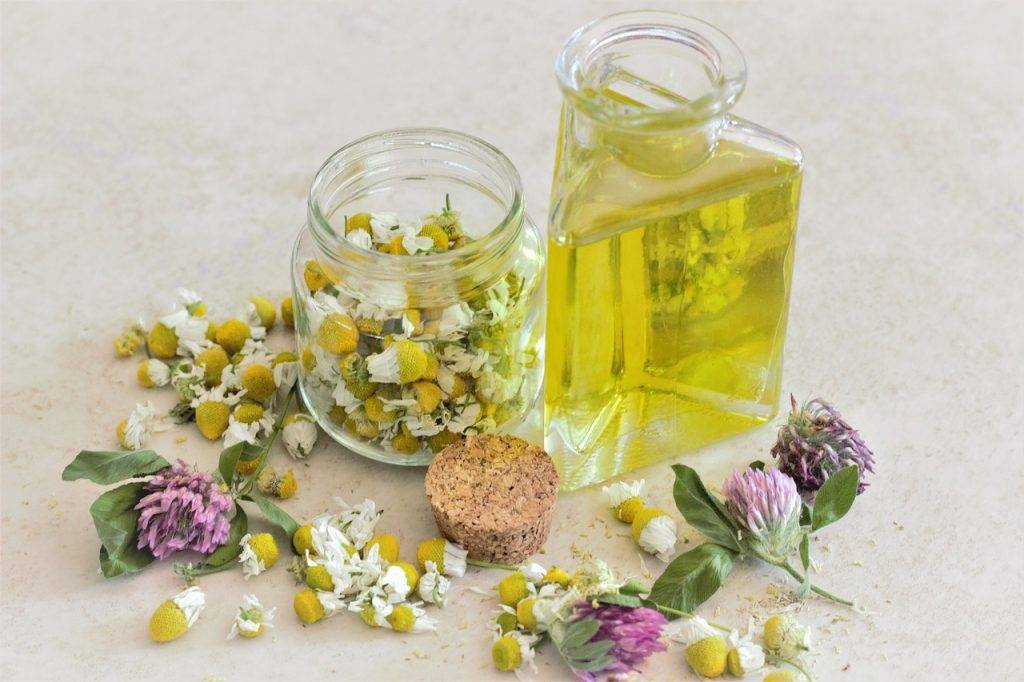
In addition to their culinary uses, many herbs also have medicinal properties that can benefit seniors. Here are some herbs to consider planting in your garden:
- Chamomile: a calming herb that can be used to promote relaxation and aid in sleep.
- Echinacea: an herb that is commonly used to boost the immune system and fight off colds and flu.
- Lavender: a soothing herb that can be used to alleviate stress and anxiety.
- Sage: an herb that is commonly used to alleviate digestive issues and sore throats.
- St. John’s Wort: an herb that is commonly used to alleviate depression and anxiety.
It’s important to note that while these herbs have medicinal properties, they should not be used as a substitute for medical treatment. Always consult with a healthcare professional before using herbs for medicinal purposes.
In conclusion, choosing the right herbs for your garden is key to creating a successful herb garden for seniors. By selecting popular herbs that are easy to grow and herbs with medicinal properties, you can create a garden that not only adds flavor to your meals but also provides health benefits.
Preparing Your Herb Garden
Before you start planting your herb garden, you need to prepare the space where you will be planting. There are two main options for seniors: container gardening and raised bed gardening.
Container Gardening for Seniors
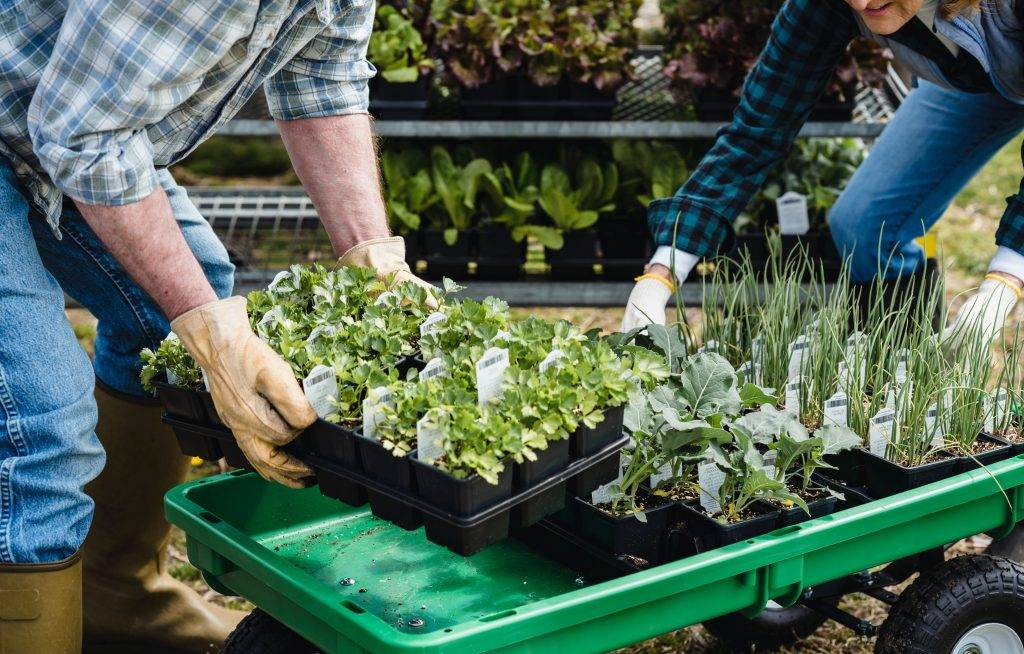
Container gardening is a great option for seniors who have limited space or mobility. It allows you to grow herbs in a small area, such as a balcony or patio, and can be easily moved if necessary. Here are some tips for preparing your container garden:
- Choose a container that is at least 12 inches in diameter and has drainage holes in the bottom.
- Fill the container with a high-quality potting mix that is rich in organic matter.
- Add slow-release fertilizer to the soil to provide your herbs with the nutrients they need.
- Place your container in a sunny location, ideally with at least six hours of direct sunlight per day.
Raised Bed Gardening for Seniors
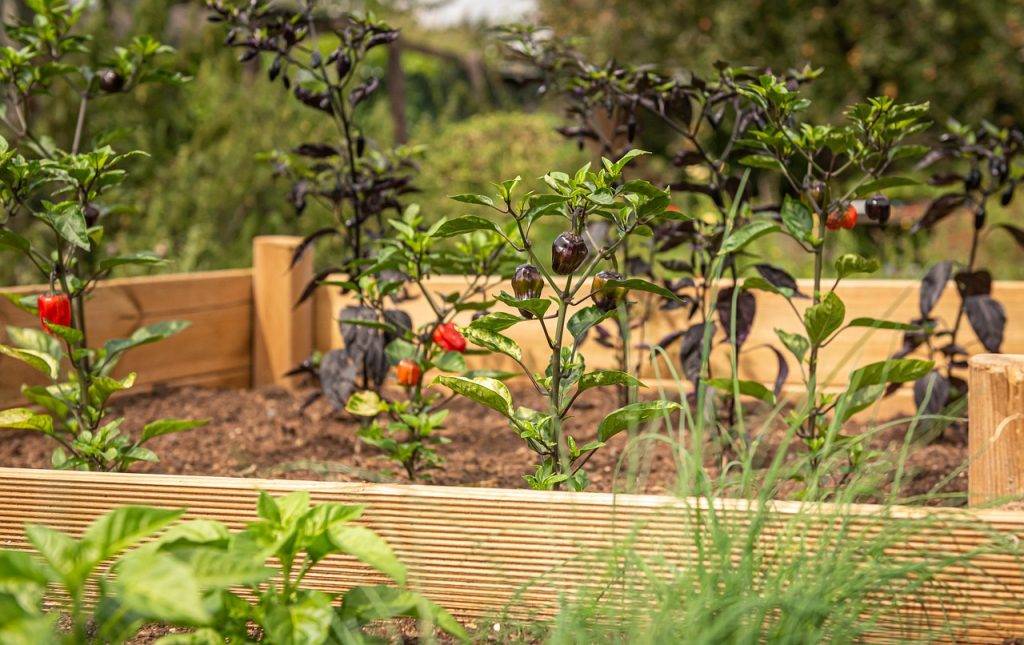
Raised bed gardening is another great option for seniors, especially those who have difficulty bending or kneeling. It allows you to grow herbs at waist height, making it easier to plant, weed, and harvest. Here are some tips for preparing your raised bed garden:
- Choose a location that receives at least six hours of direct sunlight per day.
- Build your raised bed to a height that is comfortable for you to work with. A height of 24-36 inches is ideal for most seniors.
- Fill the raised bed with a high-quality soil mix that is rich in organic matter.
- Add slow-release fertilizer to the soil to provide your herbs with the nutrients they need.
By following these tips, you can prepare your herb garden for a successful growing season. Whether you choose container gardening or raised bed gardening, you can enjoy fresh herbs all season long.
Planting and Caring for Your Herb Garden
Growing your own herb garden can be a fun and rewarding experience, especially for seniors who love to cook or simply enjoy the beauty of nature. Here are some tips for planting and caring for your herb garden.
Planting Your Herbs
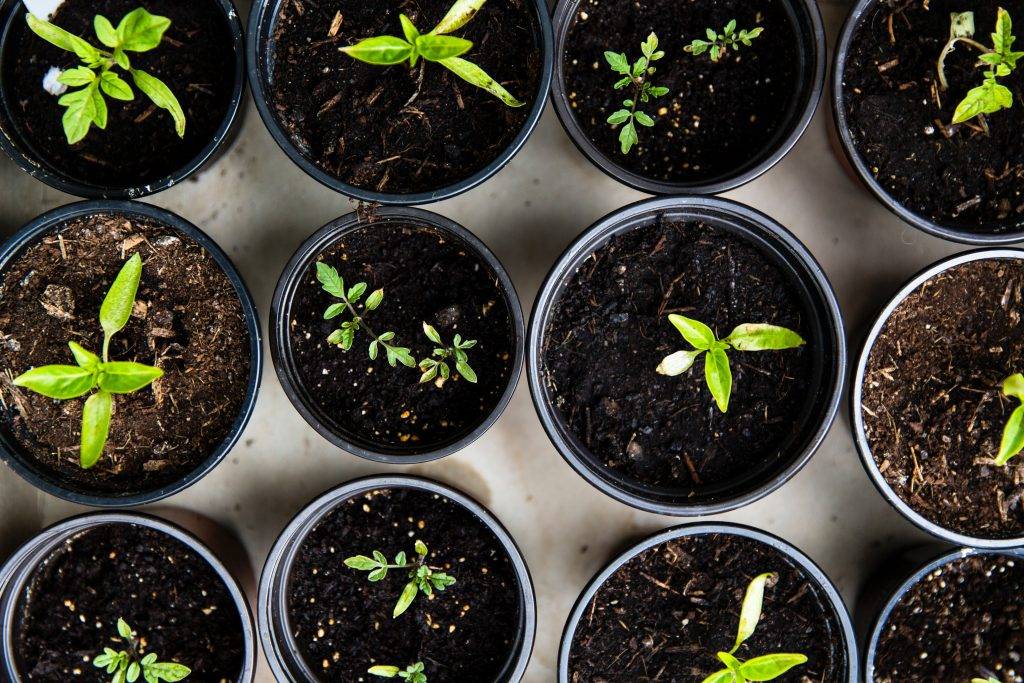
When planting your herbs, choose a location that receives at least six hours of sunlight per day. Most herbs prefer well-drained soil, but some Mediterranean plants like bay, rosemary, and lavender need sandy soil. Make sure to group the herbs according to their soil and sunlight preferences.
Here are some steps to follow when planting your herbs:
- Dig a hole about twice as wide as the root ball.
- Backfill the soil and tamp down to remove air pockets.
- Water well, and if there hasn’t been rain for a week, poke your finger into the soil to check if it’s still wet. If it’s still wet, wait another day or two before watering.
Watering and Fertilizing Your Herbs

Most herbs need a gentle soaking once a week or more often depending on heat and rain. However, it’s important not to overwater your herbs, as this can lead to root rot. To prevent overwatering, make sure the soil is dry around the base of the plant before watering.
Here are some tips for watering and fertilizing your herbs:
- Water your herbs deeply once a week, or more often if necessary.
- Use a slow-release fertilizer to provide your herbs with the necessary nutrients.
- Avoid fertilizing your herbs too often, as this can lead to overgrowth and a weaker flavor.
Pest Control for Your Herb Garden
Pests can be a problem for herb gardens, but there are several natural ways to control them without using harmful chemicals. Here are some tips for pest control in your herb garden:
- Use companion planting to deter pests. For example, planting basil next to tomatoes can help repel tomato hornworms.
- Use natural pest repellents such as neem oil, garlic spray, or diatomaceous earth.
- Check your plants regularly for signs of pests, and remove any affected leaves or plants immediately.
By following these tips, you can create a beautiful and productive herb garden that will provide you with fresh herbs for cooking and enjoyment.
